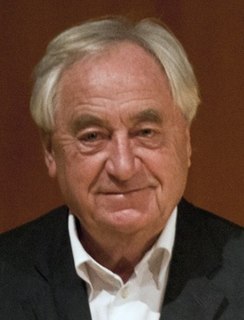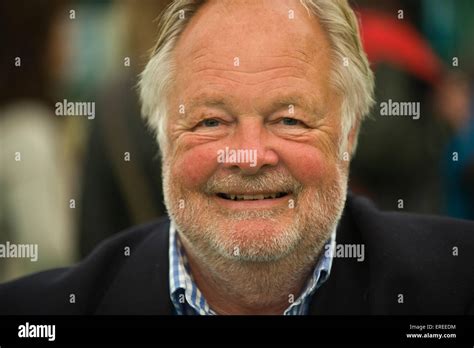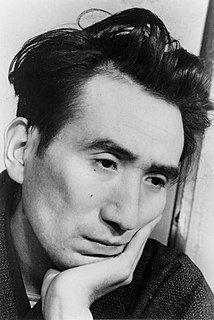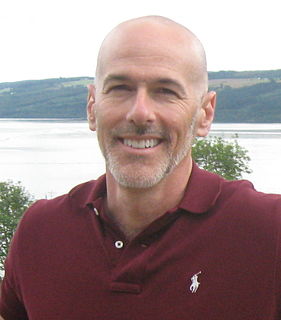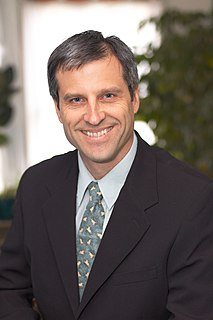A Quote by Cees Nooteboom
Surely one zoo in the world should have the courage to draw the ultimate conclusion about our ancestry? A cage with Homo Sapiens in all its varying forms, perhaps then we would understand ourselves better. The question of course is whether the other animals would approve of it.
Related Quotes
For more than a century, people have often thought that the conclusion to draw from Darwin's vision is that Homo sapiens, our species - and we're just animals too, we're just mammals - that there is nothing morally special about us. I myself don't think this follows at all from Darwin's vision, but it is certainly the received view in many quarters.
The humanity and the humility, which are very different than the biological species homo sapiens. Humanity versus homo sapiens - very different things. We are biological creatures, we are animals, no doubt, but when you talk about "humando," you're talking about that particular kind of animals who are aware of their impending extinction, who have the capacity to be sensitive to catastrophe and disaster and calamity and profound crisis.
It struck me as I listened to those two men that a truer nomination (name) for our species than Homo sapiens might be Homo narrans, the storytelling person. What differentiates us from animals is the fact that we can listen to other people’s dreams, fears, joys, sorrows, desires and defeats–and they in turn can listen to ours.
We have come to look at our planet as a resource for our species, which is funny when you think that the planet has been around for about five billion years, and Homo sapiens for perhaps one hundred thousand. We have acquired an arrogance about ourselves that I find frightening. We have come to feel that we are so far apart from the rest of nature that we have but to command.
We call ourselves Homo sapiens--man the wise--because our intelligence is so important to us. For thousands of years, we have tried to understand how we think: that is, how a mere handful of matter can perceive, understand, predict, and manipulate a world far larger and more complicated than itself. The field of artificial intelligence, or AI, goes further still: it attempts not just to understand but also to build intelligent entities.
Mother, recently I have discovered the one way in which human beings differ completely from other animals. Man has, I know, language, knowledge, principles, and social order, but don't all the other animals have them too, granted the difference of degree? Perhaps the animals even have religions. Man boasts of being the lord of all creation, but it would seem as if essentially he does not differ in the least from other animals. But, Mother, there was one way I thought of. Perhaps you won't understand. It's a faculty absolutely unique to man - having secrets. Can you see what I mean?
Human beings are not inevitable, and our brief existence is not preordained to be extended into the distant future. If Homo sapiens is to have a continued presence on earth, humankind will reevaluate its sense of place in the world and modify its strong species-centric stewardship of the planet. Our collective concepts of morality and ethics have a direct impact on our species' ultimate fate.
Humans and other animals experience love and fear, and form deep emotional bonds with cherished companions. We mourn when a close friend dies, and so do other animals, as Barbara King's poignant book illustrates in compelling detail. How Animals Grieve helps us to connect and to better understand the complex social lives of other animals and of ourselves.
If we make this readjustment to view Homo sapiens as an ultimate in oddball rarity, and life at bacterial grade as the common expression of a universal phenomenon, then we could finally ask the truly fundamental question raised by the prospect of Martian fossils. If life originates as a general property of the material universe under certain conditions (probably often realized), then how much can the basic structure and constitution of life vary from place to independent place?
